Star Trek: The Next Generation Creator Nearly Ruined Its Best Episode
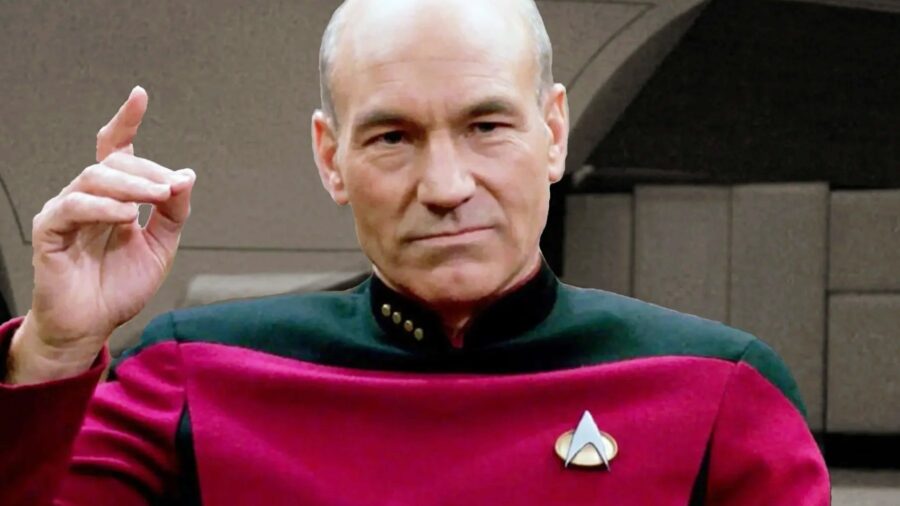
Most Star Trek: The Next Generation fans consider “The Measure of a Man” to be one of the best episodes. It focuses on a trial to determine whether the android officer Data should be considered a person or Starfleet property, and Patrick Stewart gives us our first (and most delicious) taste of Lawyer Picard. However, this episode was very nearly ruined because franchise creator Gene Roddenberry didn’t think there would even be lawyers needed in the 24th century.
Gene Roddenberry’s Strange Rules
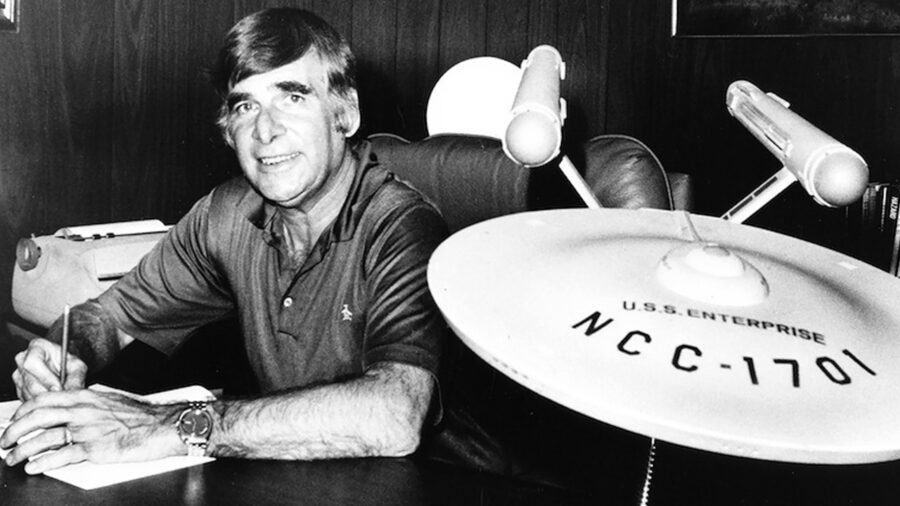
If you’re a long-term fan of Star Trek: The Next Generation, you might think these strange thoughts about “The Measure of a Man” stem from Roddenberry’s weird rules for writers. Rather infamously, Roddenberry thought the characters of the future would be so evolved they would never clash with one another. He didn’t want scripts to feature any conflict between characters, and this drove the writers crazy because conflict is at the heart of great storytelling and helps develop character relationships.
No Need For Lawyers?
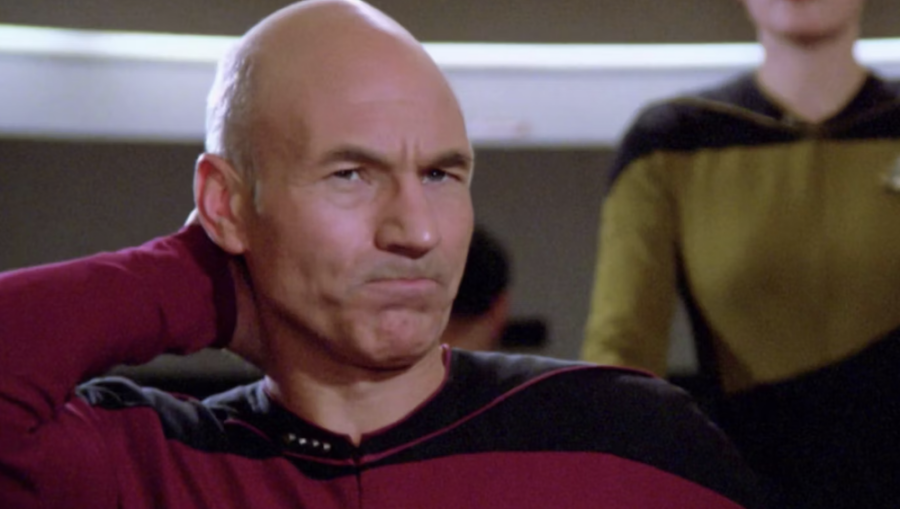
However, Roddenberry went a bit further with this rule when the Star Trek creator revealed his concerns to “The Measure of a Man” writer Melinda Snodgrass. Roddenberry disclosed that his future world would still have people with criminal intentions but those intentions wouldn’t last for long. As Snodgrass later wrote on her blog, this was because whoever indicated signs of a criminal mind would have “their minds made right.”
Lawyers Deal With More Than Criminals
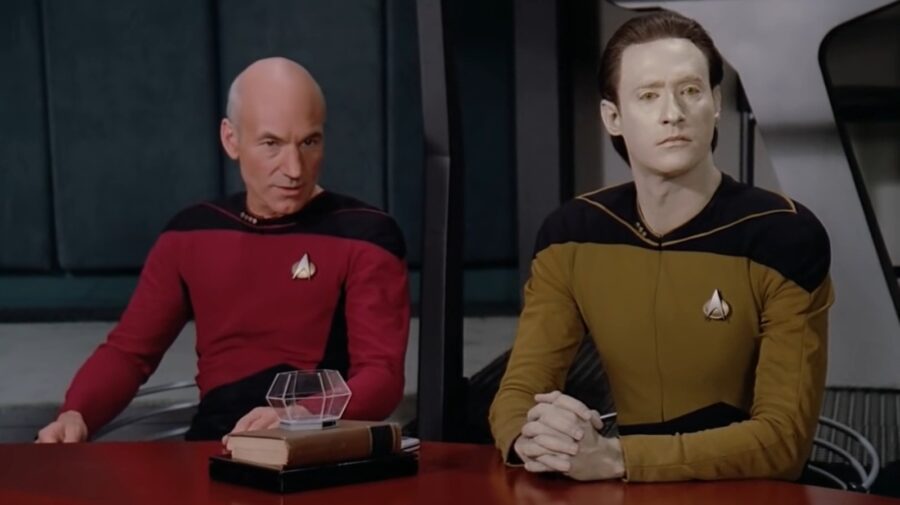
If that casual phrase (which heavily implies the Federation wouldn’t hesitate to forcibly and literally change someone’s mind) freaks you out, you’re not alone. Star Trek writer Snodgrass wrote that she found Roddenberry’s comment “chilling,” and she had to switch to a different tactic to make “The Measure of a Man” happen.
She pointed out to Roddenberry that even in a future with no outright criminal activity, there would be events such as contract negotiations and divorces that would require lawyers, and there would also be the inevitable conflicts between different legal systems in a Federation comprised of so many alien races.
Roddenberry Ultimately Approves The Measure Of A Man
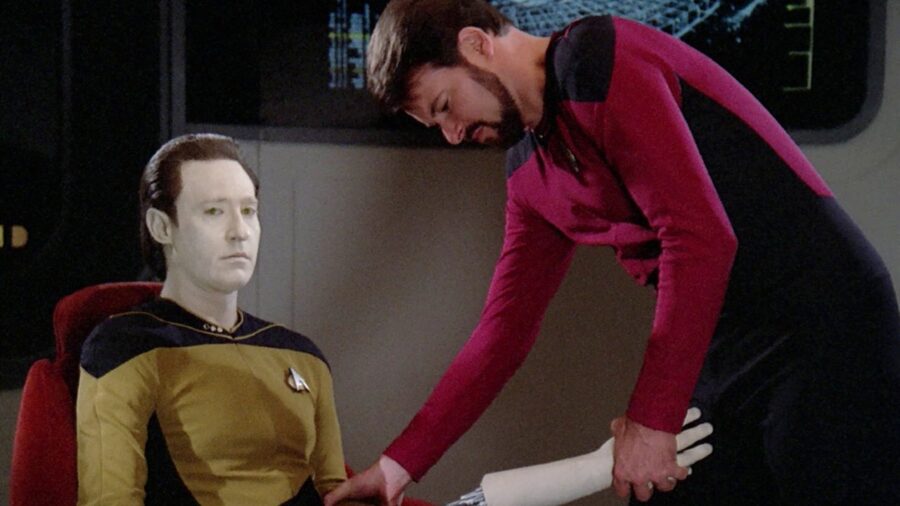
Obviously, she was able to win the Star Trek creator over, and Roddenberry gave his blessing to “The Measure of a Man.” While Snodgrass didn’t explicitly confirm this, it seems likely Roddenberry agreed to the premise of this episode because the primary conflicts involved people who all thought they were doing the right thing and not engaging in personal conflicts.
Captain Picard really did think of Data as a person, cyberneticist Bruce Maddox really did think of Data as Starfleet property, and JAG Philipa Louvois really did think everything needed to be hashed out in a court of law.
The Episode Changed Star Trek Forever
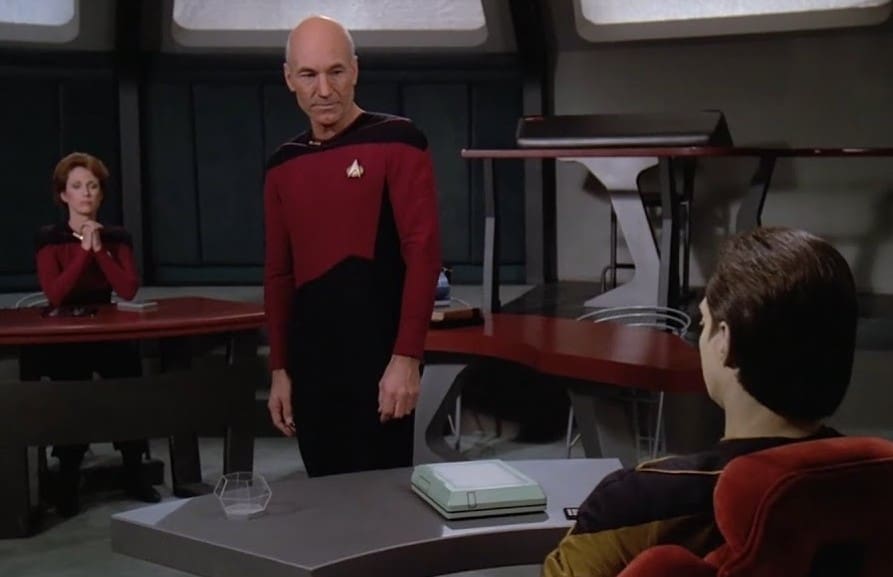
In a way, Star Trek fans actually have Snodgrass to thank for The Next Generation getting so good in the third season. That was the season where Michael Piller took over as head writer, and he later named “The Measure of a Man” as one of his fave eps because it “genuinely explored the human condition, which this franchise does better than any other when it does it well.”
As head writer, Piller instituted a rule that episodes had to be centered around one or more of our characters and further character relationships in some way, all of which “The Measure of a Man” does in spades.
Less Roddenberry Saved Next Gen
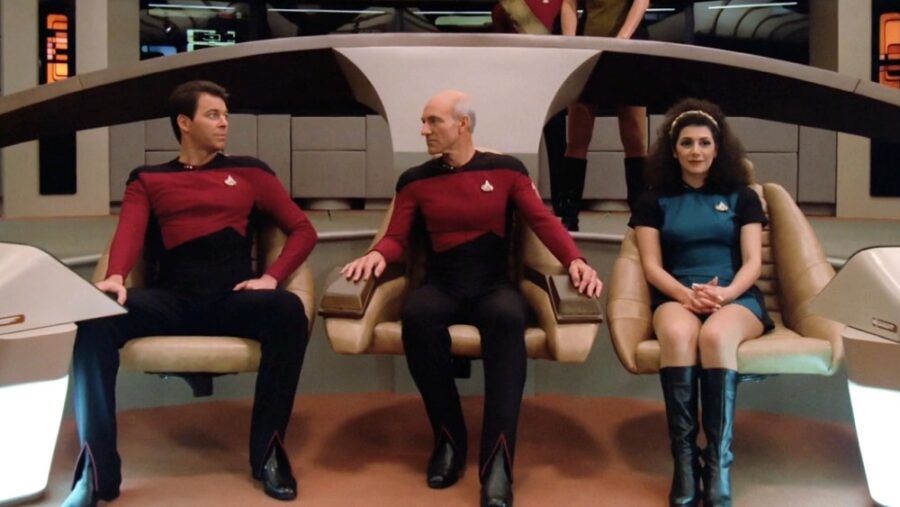
As a Star Trek fan, I’m obviously happy that “The Measure of a Man” was made: it’s one of the finest hours of television and effectively inspired the greatness that Piller brought to the franchise. We’re also still a little freaked out that Gene Roddenberry believed the Federation would be brainwashing anyone suspected of wrongthink into model citizens.
It may be heresy to some in the fandom, but this is just one more reason we can’t help but think The Next Generation only got as good as it did because Roddenberry had less influence on its storytelling.










